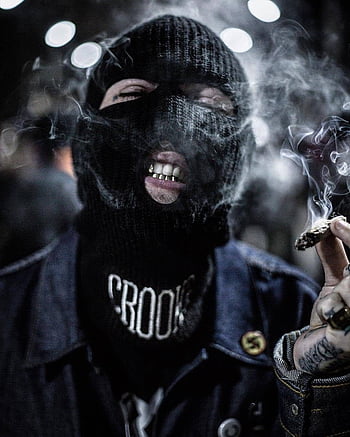The Rise and Fall of a Family-Run Drug Gang
A family-run drug gang, led by a 65-year-old woman known as the “gangster granny,” has been sentenced for orchestrating one of the most significant drug trafficking operations in recent years. Deborah Mason, referred to as “Queen Bee” by authorities, was at the helm of an operation that supplied nearly a tonne of cocaine across multiple cities in the UK. The gang’s activities spanned from April to November 2023, with the drugs having a street value of £80 million.
The Scale of the Operation
The gang operated with remarkable efficiency, employing a network of couriers who transported packages of imported cocaine across major cities such as London, Bradford, Leicester, Birmingham, Bristol, and Cardiff. The drugs were sourced from areas near ports, including Harwich, and distributed nationwide. The wholesale value of the cocaine ranged between £23 million and £35 million, but its street value reached an estimated £80 million.
Deborah Mason, who was dubbed “gangster granny” by the Metropolitan Police, played a central role in coordinating the operation. She was in contact with an upstream supplier known as Bugsy and was found guilty of conspiracy to supply Class A drugs. As a result, she received a 20-year prison sentence. Judge Philip Shorrock emphasized that Mason was not just a member of the gang but the de facto leader, responsible for recruiting family members and others into the criminal enterprise.
The Role of Family Members
Mason’s involvement extended beyond her own actions. She recruited her sister, children, and even partners of her children into the operation. The gang consisted of at least 10 individuals, many of whom were women with young children. This raised concerns about how their involvement could make it easier for other unscrupulous dealers to target mothers and families.
Prosecutor Charlotte Hole highlighted the scale of the conspiracy, stating that all offenders were aware of the operation’s magnitude. Each participant expected a financial gain of at least £1,000 per trip, which served as a strong motivator for their involvement. Mason was particularly active, making 20 trips and delivering 356kg of cocaine. She also participated in collecting cash and maintained close contact with Bugsy using an encrypted app with auto-deletion features to keep the operation secret.
Financial Motives and Lifestyle
Despite being a ringleader, Mason was receiving over £50,000 per year in social welfare during the period of the conspiracy. Her lavish spending on luxury items further underscored the profitability of the operation. She did not use coercion to bring family members into the gang; instead, they were motivated by the financial benefits.
Crown Prosecution Service specialist prosecutor Robert Hutchinson described the gang as anything but ordinary. Instead of caring for her relatives, Mason used them to build a highly profitable criminal enterprise. Detective Constable Jack Kraushaar, who led the investigation, called the operation sophisticated and noted that the gang members were drawn in by the allure of wealth and a luxurious lifestyle.
A Deterrent Message
The sentencing of the gang serves as a warning to others considering similar criminal activities. The court’s decision highlights the serious consequences of drug trafficking and the impact it can have on families and communities. The case also underscores the need for continued efforts to combat organized crime and protect vulnerable individuals from falling into the grip of illegal enterprises.







